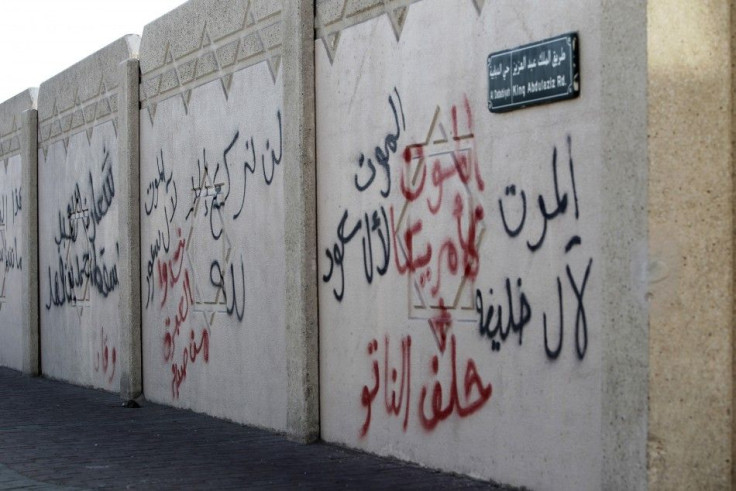Saudi Arabia Denies Amnesty International’s Accusations of Repression

Saudi Arabian officials have rejected a scathing report by human rights group Amnesty International that the kingdom has enacted a program of extreme repression in its restless eastern regions to prevent the kind of unrest that has swept across the Arab world this year.
Amnesty claims that hundreds of people have been arrested and detained, frequently without being charged. The human rights watchdog also alleged that defendants were handcuffed and blindfolded while appearing for trials.
On a general basis, Amnesty warned that the Saudi government’s impending anti-terror laws will further impose upon the rights of citizens, making any acts of dissent tantamount to crime, and expand its powers of detaining people without charge for extended periods of time.
Prominent reformists have also received lengthy prison terms following trials that Amnesty described as grossly unfair.
“The abusive practices being employed by the Saudi Arabian government are worryingly similar to those which they have long used against people accused of terrorist offenses,” said Philip Luther, Amnesty International’s Middle East and North Africa acting director in a statement.
Peaceful protesters and supporters of political reform in the country have been targeted for arrest in an attempt to stamp out the kinds of call for reform that have echoed across the region.”
Torture, Amnesty added, was also widespread throughout the kingdom.
However, Saudi has blasted Amnesty’s report as peddling “inaccurate information.” The Saudi embassy in London countered, for instance, that only two people were arrested in the eastern provinces and that local laws would prohibit the aforementioned abusive treatment of defendants.
Prince Mohammed bin Nawaf Al Saud, the Saudi Arabian ambassador to Britain and Ireland, said his country is committed to and respects human rights in accordance with Islamic Sharia.”
Stressing that Saudi Arabia is vulnerable to terrorists on the lookout for recruits and financing, the ambassador added that it is our responsibility to do everything we can to combat this evil.”
Meanwhile, unrest in the eastern province of the kingdom continues. While Saudi Arabia is an overwhelmingly Sunni Muslim state, the eastern region of Qatif is a center of Shia Islam.
A few weeks ago, clashes between security forces and local residents in Qatif reportedly left at least four people dead.
Saudi officials typically blame the Shia nation of Iran for fomenting trouble in the region.
The Shia minority in the kingdom have long suffered under discrimination and religious persecution.
© Copyright IBTimes 2024. All rights reserved.





















